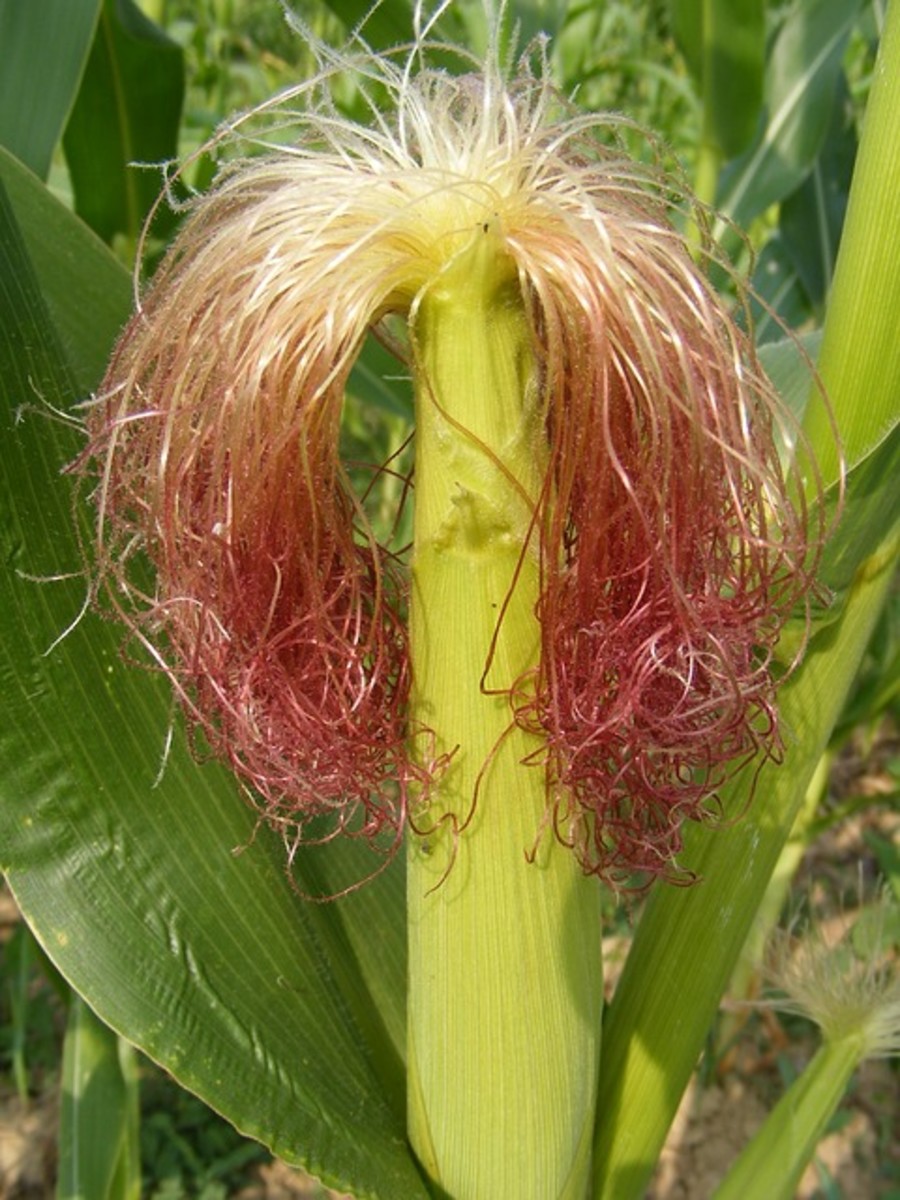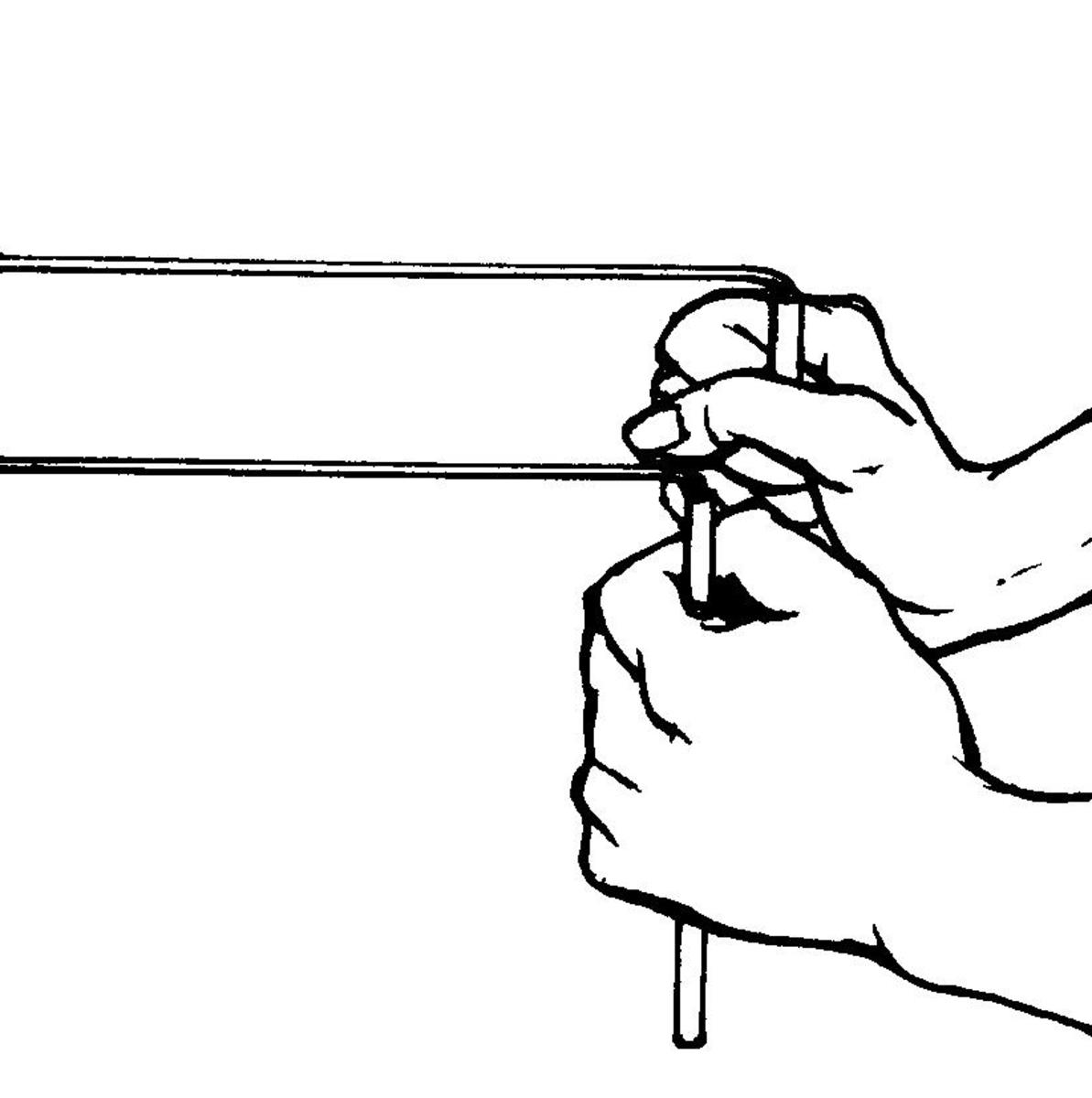How to Detox Radiation Naturally
Following the Fukushima tsunami disaster, above-average radiation levels are now being detected in parts of Europe as well as the US, and many people are wondering how best to protect themselves from the potentially dangerous effects. Viewed by many as a safe, clean and sustainable form of energy, this has been a stark reminder of the genuine risks associated with nuclear power, because the raw materials themselves are so intrinsically dangerous - remember that scientific pioneers Marie and Pierre Curie died of cancer due to repeated radium exposure, and all radiation leaks carry risks that are very hard to contain geographically. So, if you are anxious about heightened risks of radiation poisoning, what can you do to protect yourself?
Drink plenty of clean water. In most areas far from the disaster zone, there are no reports of water contamination. So you can and should drink generous amounts, as having plenty of water helps all of the body's natural excretory functions - it enables the liver to and kidneys to filter wastes effectively, helps the colon to function, and improves blood and lymph circulation. This means that any rogue molecules present in your body have the best chance of rapidly leaving.
Eat high fiber, complex carbohydrates. Short brown rice is especially good, for scouring and speeding the digestive cycle, as it contains phosphorus which removes many harmful toxins. This is in addition to the other health benefits of complex carbs on your blood sugar and general well-being, all of which help support your body in optimal health to deal with any external threat.

Seaweeds and sea vegetables contain a polysaccharide which binds to a strontium isotope, strontium 90, and helps to eliminate it from the body - blue-green algae, widely available as a food supplement, also has this effect. Strontium 90 is so widespread in the environment, that reactor meltdown or not, everyone should be careful to assist its detoxification at all times. You can get the same effect by eating the whole food - ironically, a common part of the diet in Japan. Many healthfood stores around the world carry dried wakame, kombu, arame and nori (the flat sheets used in sushi), and it's easy to experiment with in your stews and salads at home.
Sea vegetables also contain iodine, highly detoxifying, and this has led to a run on kelp tablets already in California. Iodine is leached from the thyroid gland every time we drink chorinated water, and so the gland tries to reabsorb it from food sources- if the radioactive isotope iodine-131 is present environmentally, it can be collected an absorbed in the thryoid gland (in the neck), so ingesting adequate amounts of safe stable iodine is vital.
Other foods bind to and help eliminate different radioactive isotopes that could be presenting an increased risk, such as pectin which is present in many fruits and vegetables. Cysteine, and amino acid found in onions and garlic, is also an easy and powerful way to neutralise these dangers - these molecules bind with the dangerous isotopes which neutralizes them, and these allium foods contain sulphur which supports liver and kidney function (that's why they are so pungent!).
Finally green vegetables are rich in chlorophyll, which has highly effective antioxidant properties, mopping up the free radicals caused by radiation damage, and limiting the effects on surrounding cells. As well as salad vegetables, micro-algae such as spirulina and chlorella are concentrated sources of chlorophyll, and also sprouts of grains and beans, and seeds such as alfalfa. Chlorophyll is particularly effective against radioactive cadmium contamination.
Olive oil has been demonstrated to protect rodents against radiation damage from excessive exposure to x-rays - there is no research evidence in humans, but olive oil is such a delicious source of polyunsaturated essential fatty acids, it's a great idea to include it in your diet anyway
Recommended daily amounts of Vitamin E should always form part of your diet, and it had been demonstrated that it protects against the effects of radioactive cobalt and cesium-137, a common component of power plant fallout leaks. It helps protect the blood cells and improves blood count, although large amounts of Vitamin E can be dangerous and advice should be taken before over-supplementing.
It's very important to get the potential risks into perspective. All of the foods discussed in this article are really good for you anyway - so including them in your diet in increased amounts, or just checking that you are doing so, is a good thing whether you are at risk of radiation poisoning or not. Those of us living far from Japan are probably at very low risk - but if it encourages people to review their diet and wellbeing to any extent, then that is one good thing to come out of a tragic disaster.



